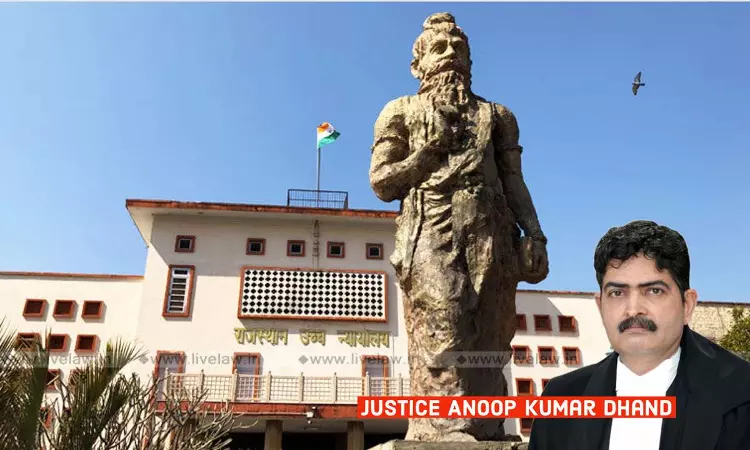While giving directions to expedite the trial in a suit pending for over 40 years, Rajasthan High Court has recently come down heavily on the long pendency of revenue suits in the state. While disposing of the matter, the court mandated the concerned Sub Divisional Officer to decide the suit within 6 months, without granting any more unnecessary adjournments.Consequently, High Court also...

